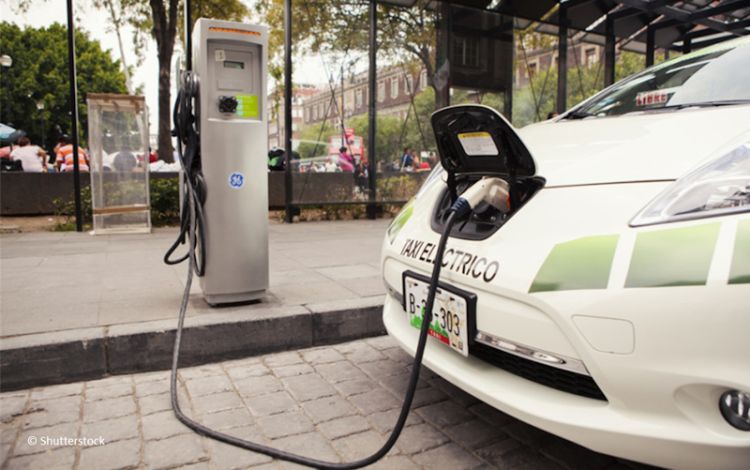Electric Vehicle adoption in Mexico: What does the future hold?
Mexico's electric vehicle (EV) market has been growing in recent years, and some statistics and the investment of major industry players in the country solidify Mexico's position as a crucial force in the future of EVs globally.

2023 was a crucial year for Mexico's Electric Vehicle (EV) market, marked by a significant increase in the production of electric vehicles, with projections reaching an impressive 212,000 units. Major industry players, including Tesla and Jetour, made substantial commitments in 2023. Tesla, for instance, announced an investment of 5 billion dollars to establish an EV manufacturing hub near Monterrey, with plans to produce one million vehicles annually. This bold initiative underscores Mexico's growing significance in the global EV market. Similarly, Jetour's 3-billion-dollar investment in the Bajío region solidifies the nation's position as a crucial force in the future of EVs.
However, despite these advancements, challenges persist. High costs and limited charging infrastructure continue to hinder widespread adoption, making it difficult for EVs to reach the mainstream. According to data from the Mexican Automobile Industry Association (AMIA), Mexico has around 1,100 charging stations throughout the country, mainly in the capital and other major cities. The association also points out that while EVs resonate among individual consumers, there is still reluctance among fleet customers.
In a promising shift towards sustainability, large businesses are leading the charge. Companies like Bimbo boast one of Latin America's most extensive EV fleets, joined by DHL and Mercado Libre. These fleets not only contribute to emission reduction but also showcase the business sector's dedication to sustainability. However, with the current 2,089 public charging stations falling short, a drastic improvement is required to accommodate the projected surge in EV adoption. Estimates indicate a need for 38,000 additional stations by 2041 to adequately support this growth.
Looking ahead, an analysis carried out by EY indicates that 43% of Mexican consumers plan to buy an EV in the coming years. This growing demand underscores the urgency for an accelerated transition to electric vehicles, driven by both environmental concerns and economic incentives. Data from the state-owned electricity utility company CFE (Federal Electricity Commission) reveals a significant cost advantage for EVs, with every 100 km traveled costing approximately 72 Mexican pesos, notably less than the 221 Mexican pesos incurred by an internal combustion engine (ICE) vehicle.
Mexico's journey towards electrification thus promises a greener future and significant savings, promoting a scenario where both businesses and consumers recognize the value of adopting electric vehicles.
Source:
Global Fleet
Global Fleet
- Frotcom
- Mexico
- Electric vehicles
- EVs
- Electric Vehicle Market
- EV adoption
- EV production
- Sustainability
- EV Charging infrastructure
- Emission reduction
- Green technology
- Automotive industry
- Energy efficiency
- EV fleets

